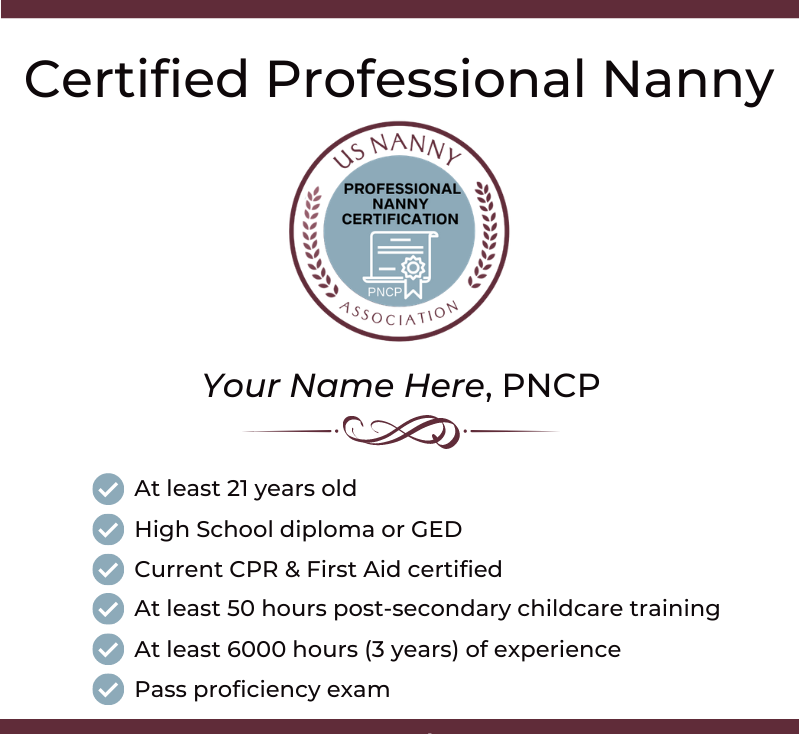Transitioning from One Child to Two: Navigating the Challenges as a Nanny
In the realm of early child development, nannies play a crucial role in shaping the lives of the children under their care. Each transition in childcare presents its own set of unique challenges, and moving from caring for one child to two can be particularly demanding for nannies. Let’s discuss why this transition can be challenging and I will provide valuable insights to help nannies navigate this transformative period successfully. In this article, we will explore the complexities of transitioning from one child to two and offer strategies for nannies to thrive in this rewarding yet demanding role.
Increased Responsibility and Time Management
1.1. Balancing the Needs of Multiple Children
Transitioning from one child to two significantly increases a nanny’s workload. Each child may have their own schedules, routines, and care requirements, making it critical for nannies to excel at multitasking and effective time management.
1.2. Juggling Sibling Dynamics
Sibling dynamics can add an extra layer of complexity. Nannies must skillfully navigate conflicts, rivalries, and differing needs while ensuring a harmonious and nurturing environment.
1.3. Prioritizing Tasks
With multiple children under their care, nannies must carefully prioritize tasks. This includes managing mealtime, nap schedules, playtime, and educational activities, all while providing individualized attention to each child.
Emotional and Personal Challenges
2.1. Emotional Toll
Transitioning to caring for two children can be emotionally demanding. Nannies may experience stress, exhaustion, and feelings of inadequacy as they adapt to the increased responsibility and emotional needs of multiple children.
2.2. Building Strong Relationships
Nannies need to establish strong bonds with each child individually. Building trust, rapport, and a sense of security with both children requires patience, sensitivity, and dedication.
2.3. Maintaining Self-Care
Amid the demands of caring for two children, nannies must prioritize self-care to ensure they remain physically and emotionally healthy. Neglecting their well-being can negatively impact their ability to provide quality care.
Strategies for a Successful Transition
To navigate the transition from one child to two successfully, nannies can employ several strategies:
3.1. Effective Time Management
Create a structured daily routine that accommodates the needs of both children. Allocate dedicated one-on-one time with each child for individualized activities and attention.
3.2. Sibling Bonding Activities
Plan activities that encourage sibling bonding and cooperation. Engaging in collaborative arts and crafts or outdoor adventures can foster positive relationships between siblings.
3.3. Open Communication
Maintain open communication with parents to ensure a unified approach to childcare. Discuss the preferences, expectations, and routines of each child to provide consistent care.
3.4. Seek Support and Resources
Don’t hesitate to seek support from support groups, childcare professionals, or counselors if needed. Sharing experiences and gaining insights from others can be immensely beneficial.
Transitioning from caring for one child to two is undoubtedly one of the most challenging adjustments for nannies in the field of early child development. However, with dedication, effective time management, nurturing sibling relationships, open communication, and self-care, nannies can successfully navigate this transition. It’s important to recognize that the journey may be demanding, but it also offers immense rewards in terms of personal and professional growth, as well as the opportunity to positively impact the lives of multiple children. As nannies rise to meet the challenges, they contribute significantly to the holistic development of the children they care for and play a vital role in shaping their futures.
The US Nanny Association provide the highest certification requirements in our industry. You can learn more about get certified as a Nanny, Newborn and Infant Specialist or Professional Nanny.

We want to thank all the nannies, advocates and business leaders who provide practical tips and insight to elevate our industry. Thank you for sharing your expertise.
The US Nanny Association issues the highest certification requirements in our industry as they require training, work experience, passing an industry exam, a background check and current CPR and First Aid:
- Certified Nanny
- Certified Newborn and Infant Professional
- Certified Professional Nanny
